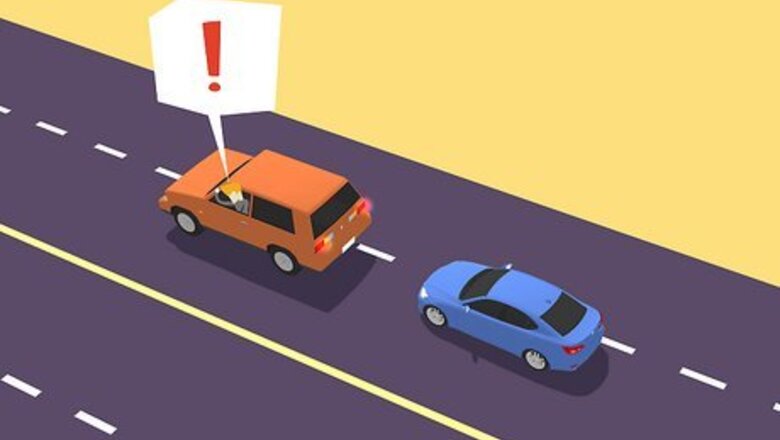
views
- People brake-check if the car behind them is following too closely, to display road rage if someone tried to cut them off, or, in some cases, to cause accidents.
- If someone brake-checks you, slow down, back off, and leave plenty of space between you and the car in front of you so you can stop safely.
- If brake-checking results in an accident, pull over and report the crash to law enforcement and your insurance company.
Why People Brake-Check Other Drivers
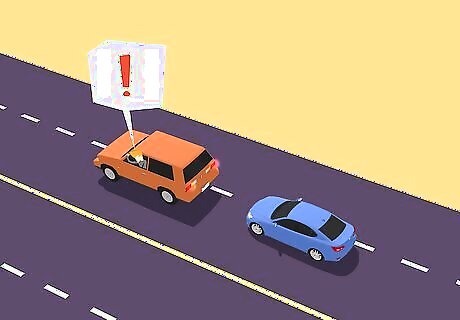
People sometimes brake-check as a form of road rage. It often happens in response to another driver doing something rude or dangerous. For instance, a driver might brake-check someone who attempted to cut them off. This could cause serious a accident involving one or both cars—or even multiple cars. In some cases, brake-checking could also lead to arguments, physical fights, or other dangerous behaviors.
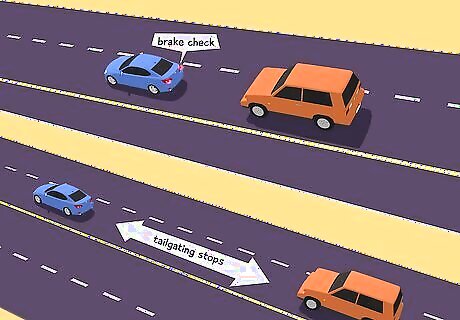
Some drivers brake-check to tell the driver behind them to stop tailgating. Tailgating occurs when a driver leaves too little space between their car and the car in front of them. On a highway, for example, a driver might become irritated because the car behind them is getting too close. The driver in front might brake-check to force the rear car to back off. Brake-checking is much more likely to cause an accident if the rear car is extremely close to the car in front of it.
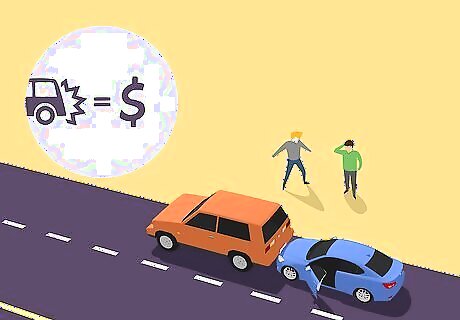
Some people do it to cause accidents and collect insurance money. This is sometimes called a “staged accident,” and it's a form of insurance fraud. To pull it off, a fraudster brake-checks someone to force a rear-end collision, and then claims that the driver behind them was tailgating or driving recklessly. The fraudster then files an insurance claim to collect money for damages. The fraudster could also claim to be injured—which may or may not actually be the case—and demand an even larger insurance payout. In some cases, they may demand money from the other driver to avoid filing an insurance claim. Insurance fraud is a crime. Penalties can include hefty fines and years of prison time, not to mention a lifelong criminal record.
Is brake-checking legal?
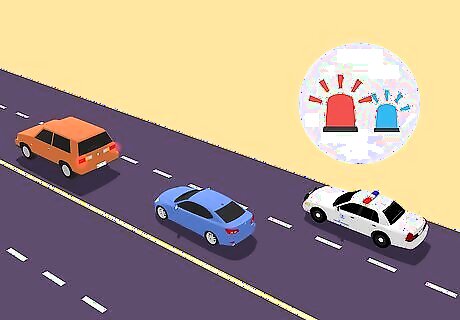
No, brake-checking is not legal. Brake-checking is considered reckless driving, which is against the law. This is true even if it doesn’t result in an accident. If it does cause an accident, the person who brake-checked could be held criminally and civilly liable—meaning they could be jailed, fined, and sued for causing the crash. The exact laws and penalties for reckless driving (which includes brake-checking) vary by state.
What to Do When Someone Brake-Checks You
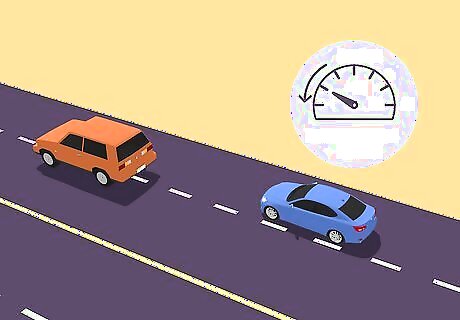
Slow down to avoid getting close to the car in front of you. Switch lanes if you’re on a multi-lane highway, or simply slow down and back off if you’re on a one-lane road. Give the driver plenty of space. Avoid getting too close again to prevent a collision or road rage incident. Check your rearview mirror when applying the brake. If there is someone behind you, slow down gradually to avoid startling them.
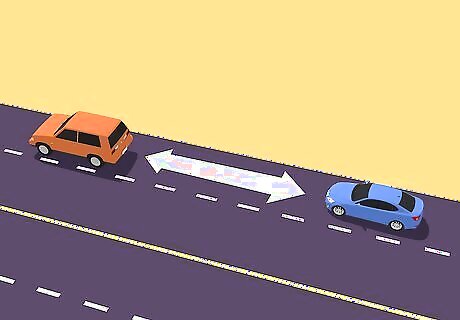
Leave enough room to safely stop without hitting the car in front of you. The proper following distance depends on your vehicle’s speed, the weather, and road conditions. If road conditions are good and the weather is clear, leave at least 1 car length per 10 mph (1 car length per 16 kmh) between your car and the vehicle in front of you. For example, if you’re driving 60 mph (96 kmh), stay at least 6 car lengths behind the car in front of you. Double the following distance in heavy rain or snow, or in poor visibility. For instance, if you’re driving 20 mph (32 kmh) on a snowy road, stay at least 4 car lengths behind the car in front of you.
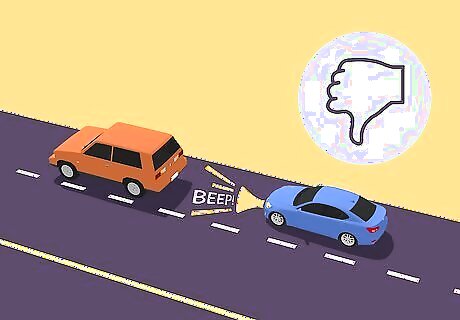
Avoid honking, gesturing, or expressing anger at the other driver. Stay relaxed to avoid escalating the situation. Give the other driver space and continue driving normally. If you feel threatened or unsafe, contact law enforcement and provide a description of the vehicle and driver, plus a brief explanation of what occurred. Being brake-checked can be infuriating, but it’s best not to get into an argument or fight with another driver.
What if you have an accident after getting brake-checked?
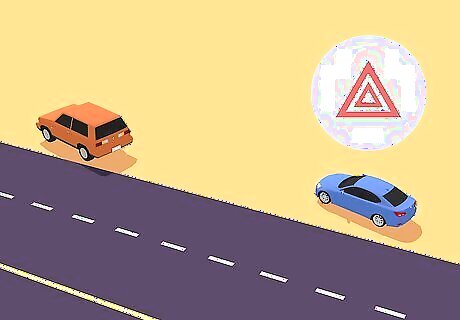
Pull over to the side of the road and put on your hazard lights. Stop on the road shoulder away from traffic, or pull into a nearby parking lot. If you’re on a highway or busy road, stay in your vehicle to avoid passing cars. If your vehicle is too damaged to drive, put it in “Park” and remain in your car. If you need to exit your vehicle, check for passing cars, then carefully open your door and step out. Stay as far away from the road as possible to protect yourself from oncoming traffic.
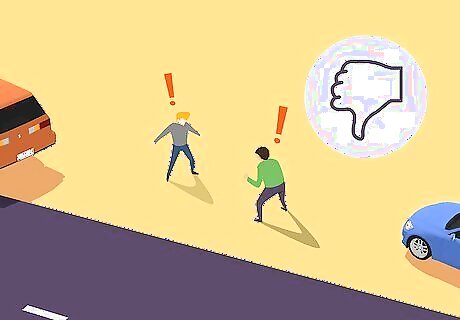
Avoid shouting or arguing with the other driver. Keep calm and check yourself for injuries or pain. Check on your passengers as well. If anyone is injured, contact emergency services right away. Do your best to resist yelling or gesturing at the other driver, even if you’re upset.
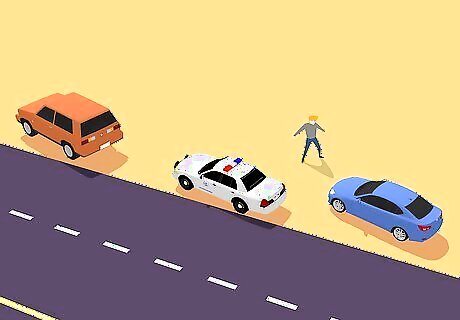
Contact law enforcement to report the accident. Dial 911 and ask the dispatcher to send a law enforcement officer to the scene. Inform them if anyone is injured to have an ambulance sent as well. When the police arrive, explain the accident and obtain an official accident report. Avoid admitting fault if you were not responsible for the accident. This prevents you from being held liable. The person who brake-checked you is considered at-fault—that is, legally responsible—since their behavior contributed to the accident. You’re not considered at fault if you were driving normally and obeying all traffic laws. However, you may be at fault (along with the person who brake-checked) if you were tailgating, driving aggressively, or engaging in other behavior that contributed to the accident.
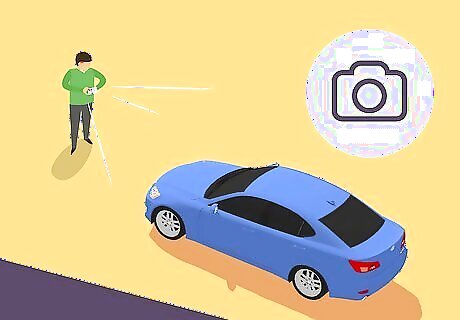
Take photos and gather details about the accident. Use a smartphone to take photos of your car and other vehicles involved in the accident. If you have a dashcam, save the recording of the crash for your records. Obtain an official accident report from the police officer at the scene, or ask how you can obtain the report later on. Make second copies of all photos, videos, documents, and other records. Video recordings, such as dashcam footage, can help prove that you were brake-checked. Your insurance company can take this footage into account when determining who was at fault. Submit copies of these records to your insurance company when filing a claim for the accident.
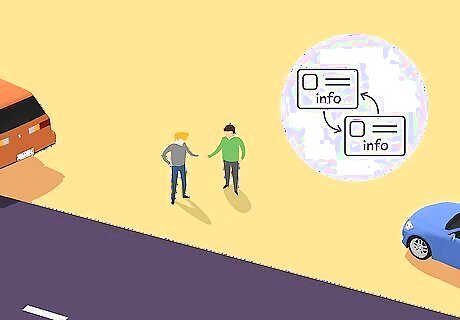
Exchange insurance information with the other driver. Take photos of the other driver’s insurance card, or write down the driver’s name, insurance company, and the insurance policy number. Let the other driver do the same with your insurance card. To protect your privacy, avoid sharing your driver’s license, address, or phone number. Your insurance companies can obtain these details if needed. If the other driver is uninsured or refuses to provide insurance information, write down their license plate.
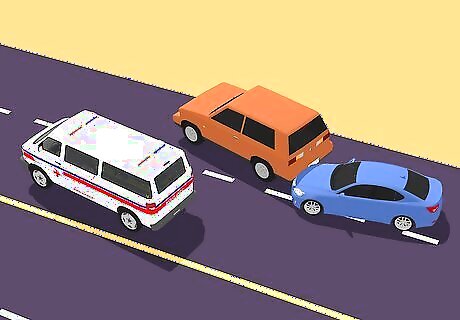
Go to an emergency room if you’ve been injured. Have an ambulance take you to the nearest emergency room if you have any injuries or pain, or if the police or EMTs insist you do so. Obtain a copy of all medical records, bills, and other paperwork related to the accident. Make copies of these documents and submit them to your insurer, if needed. Keep any medical records and bills for ongoing medical care related to the accident. This can include documentation and bills for doctor’s visits, medications, therapies, surgeries, and other treatments.












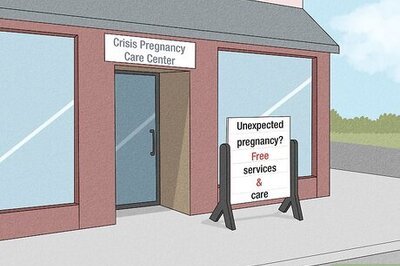
Comments
0 comment